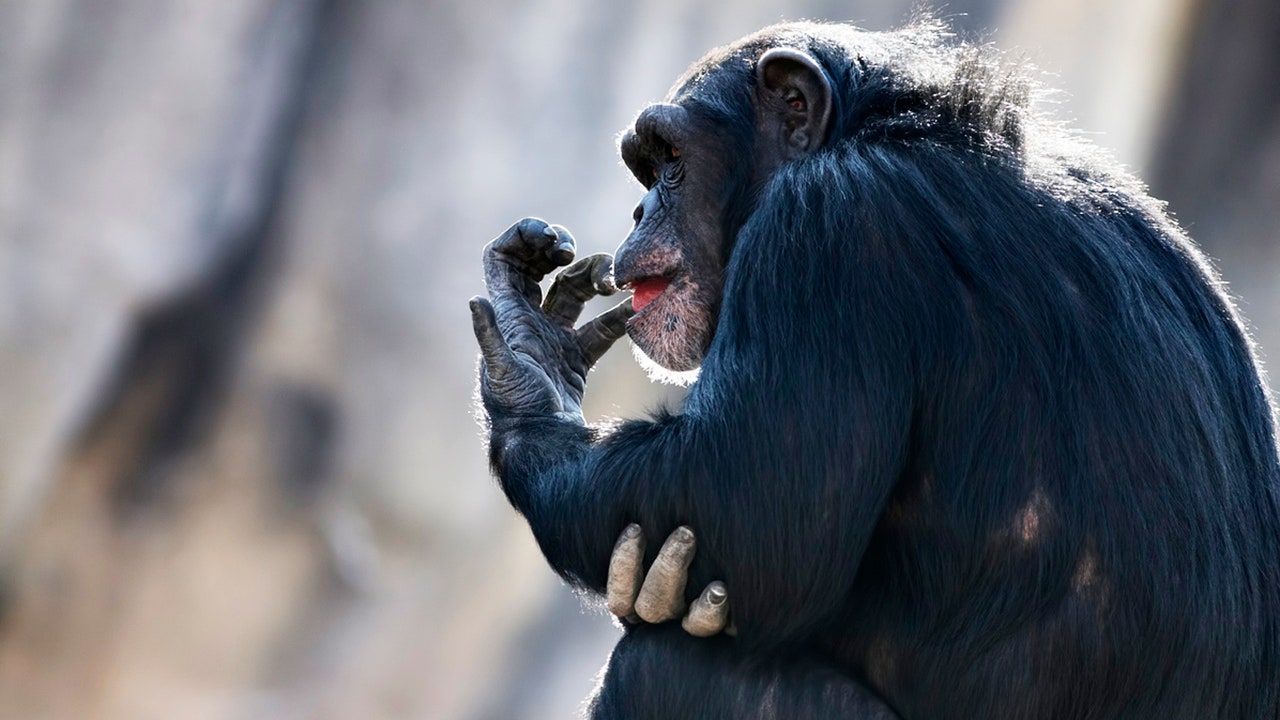The United Nations” Human Rights chief called on Monday for “concerted action” to fight a severe deterioration of rights globally.
“To recover from the most wide-reaching and severe cascade of human rights setbacks in our lifetimes, we need a life-changing vision — and concerted action to follow up,” Michelle Bachelet said in her opening statement to the UN Human Rights Council.
She underlined that “extreme poverty, inequalities and injustice are rising” and that “democratic and civic space is being eroded.”
“Navigating a clear way out of the complex COVID-19 crisis, and towards an inclusive, green, sustainable and resilient future, will be the work of this generation of world leaders — or their downfall,” she went on.
She declared herself “alarmed” by the sharp rise in violence and civilian harm in Afghanistan, as “deeply concerned” by recent non-democratic and unconstitutional changes in government in Chad and Mali; and as “deeply disturbed” by events unfolding in Ethiopia.
The UN warned earlier this month that 30,000 children risk death from famine in the country’s Tigray region as the conflict between federal forces and the Tigray People’s Liberation Front drags on.
Bachelet flagged reports of “serious violations of international humanitarian law and gross human rights violations and abuses against civilians by all parties to the conflict” including extrajudicial executions, arbitrary arrests and detentions, sexual violence against children as well as adults, and forced displacements.
In Asia, she said her office has been closely monitoring the application of the National Security Law in Hong Kong and the “chilling impact it has had on the civic and democratic space, as well as independent media.”
A total of 107 people have been arrested since the law came into force on July 1, 2020, and 57 have been formally charged. The first case is coming to trial later this week.
Bachelet also stressed that she is in talks with China to conduct a visit, which she hopes would include “meaningful access” to the Xinjiang region from where “serious human rights violations continue to emerge”.
More than one million people, primarily from the Uyghur Muslim minority group, have been confined to work camps, according to foreign researchers and governments. Washington has said Beijing’s treatment of the minority amounts to genocide citing forced labour, forced sterilisation torture and restrictions on freedom of religion and beliefs, freedom of expression and freedom of movement.
China refutes all the accusations arguing it is trying to promote economic development and stamp out radicalism.
In Europe, Bachelet warned that the situation in Belarus “continues to deteriorate” withrestrictions on civic space, including the rights to freedoms of expression, peaceful assembly and association, raids against civil society and independent media, and the judicial persecution of human rights activists and journalists.
“We continue to receive numerous allegations of arbitrary arrests and detentions, torture and ill-treatment,” she said.
She described herself as “dismayed” by recent measures in Russia which she said “further undermine people’s right to express critical views, and their ability to take part in parliamentary elections scheduled in September.”
She called on Moscow to “end the arbitrary practice of labelling ordinary individuals, journalists and non-governmental organisations as “extremists”, “foreign agents”, or “undesirable organisations”.”
One of the organisations declared “extremist” by Russian authorities is the Anti-Corruption Foundation founded by Alexei Navalny. The Kremlin critic is currently serving a two and a half years jail term for violating the terms of his parole for a previous conviction while he was recovering from a nerve agent attack at a Berlin hospital.









